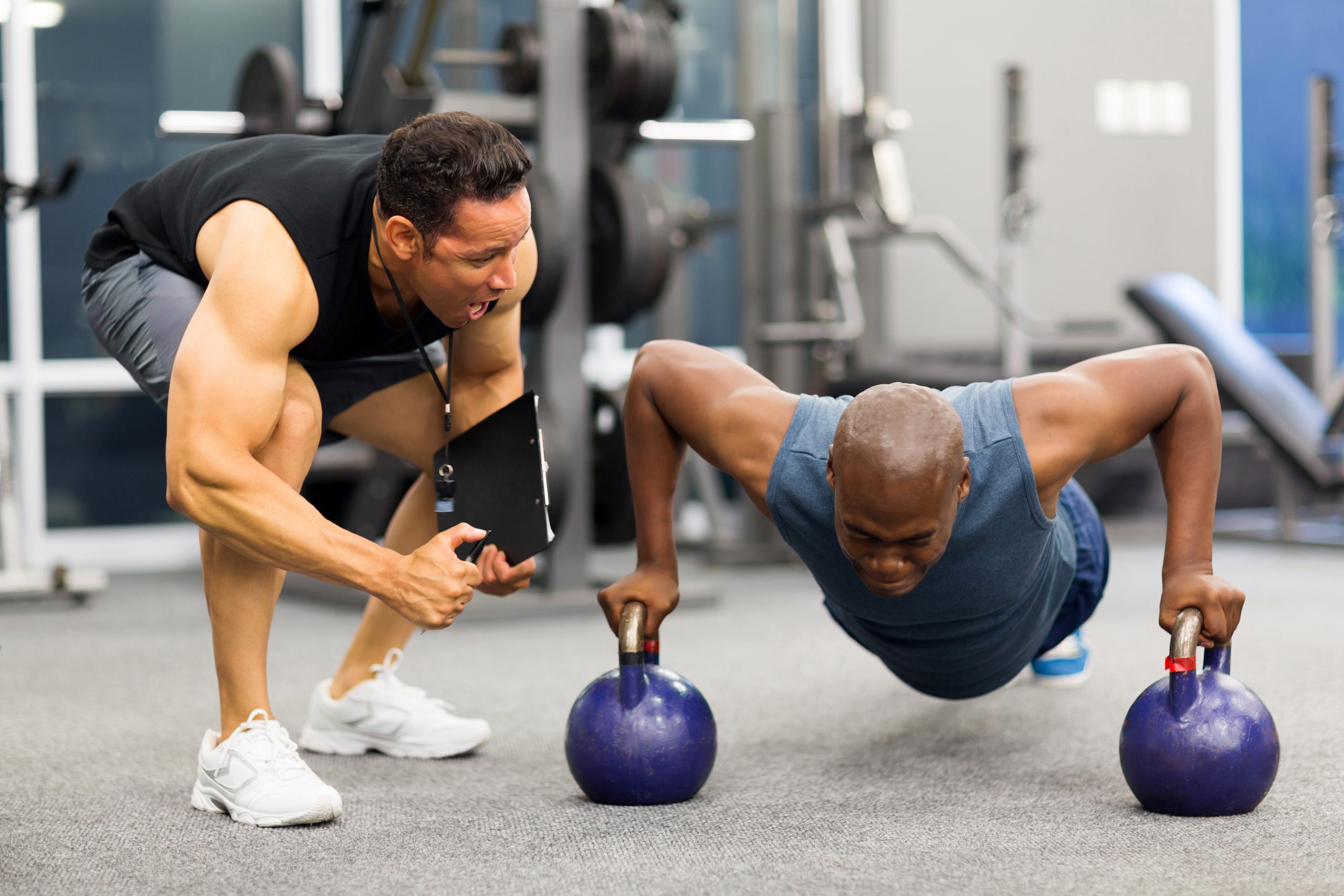How Mental Fitness Enhances Physical Performance?
You train your body to perform, but what about your mind? Physical strength might fuel your performance, but mental sharpness sustains it.

Recent Blogs
- Best Budget Drones for Beginners: A 2025 Buyer’s Guide
- 10-Minute Workouts That Actually Burn Calories
- Upper Body Workouts That Don’t Require Weights
- Morning vs. Night Skincare: What You Should Know
- The Best Natural Ingredients for Glowing Skin
- 10 Wardrobe Essentials Every Stylish Woman Owns
- How to Use Lighting to Transform Any Room
May 25 29
You train your body to perform, but what about your mind? Physical strength might fuel your performance, but mental sharpness sustains it. That inner dialogue, your focus before the whistle blows, your ability to bounce back after a loss, these are the markers of mental fitness.
Top-performing athletes know that mindset separates the good from the elite. Their ability to stay calm under pressure, visualize success, and push through fatigue doesn’t come from physical training alone, it’s forged in mental reps. And you can build that same edge.
Mental fitness isn't just about positivity. It's about preparation, presence, and purpose. It’s about developing the tools to face discomfort head-on, the grit to push through a bad day, and the focus to stay locked in on what matters most. When you train your mind alongside your body, you gain the clarity and confidence to perform under any conditions.
If you’re striving for excellence in your sport, or simply want to become more consistent and resilient, building mental fitness is the key to reaching your potential. This guide will show you how to sharpen your inner game and align your mind with your physical goals.
Key Psychological Skills
To perform consistently at a high level, you need a mental toolkit. These are the foundational skills that build confidence, clarity, and control.
1. Goal Setting: Process vs. Outcome
Setting goals gives your training direction and purpose. But not all goals are created equal.
- Outcome goals focus on results (winning a race, scoring a goal).
- Process goals focus on behaviors you can control (running 4 days/week, refining technique).
While outcome goals can motivate, process goals are where growth happens. Shift your mindset from chasing results to mastering routines.
2. Visualization and Mental Rehearsal
Your brain can’t distinguish vividly imagined action from real movement. That’s why mental rehearsal is a secret weapon.
- Visualize executing your skill flawlessly.
- Picture the environment, crowd, sensations, even smells.
- See challenges and how you overcome them.
Rehearse before practice or competition. Over time, your brain wires for success, and your performance becomes automatic.
3. Focus and Concentration Drills
Distractions are inevitable. Focus is a skill you build, not something you’re born with.
- Use cues or mantras during high-pressure moments (e.g., “breathe,” “lock in”).
- Practice mindfulness exercises to build present-moment awareness.
- During practice, simulate distractions and redirect attention intentionally.
Concentration drills train your brain to stay locked on what matters, regardless of what’s going on around you.
Building Mental Toughness
Mental toughness isn’t about being stoic, it’s about staying composed and adaptable. It’s your ability to endure, adjust, and execute under pressure.
1. Resilience Through Controlled Stress
Facing discomfort in training builds your capacity to handle stress. Try these strategies:
- Use cold exposure or tough conditioning workouts to practice calm.
- Practice decision-making under fatigue.
- View adversity as a training stimulus, not a threat.
Stress becomes fuel when you train your brain to see it as opportunity.
2. Bounce Back After Failure or Injury
Every athlete hits setbacks. Your response defines your future.
- Focus on small, controllable wins during recovery.
- Replace negative self-talk with growth-oriented language.
- Use setbacks to refine your identity, not destroy it.
Resilience doesn’t mean avoiding emotion. It means moving forward with intention.
3. Managing Performance Anxiety
Nerves are normal. Use them to fuel, not freeze, your performance.
- Establish pre-performance routines (breathing drills, movement patterns).
- Journal before high-stakes moments to reduce pressure.
- Channel adrenaline by focusing on execution, not the outcome.
Training your brain to interpret nerves as readiness will shift your relationship with performance pressure.
Tools and Apps to Improve Mental Fitness
Technology makes mental training more accessible. Incorporate these tools into your routine to make mindset work consistent and effective.
1. Journaling for Awareness and Clarity
Use a performance journal to:
- Reflect on training sessions.
- Set daily intentions.
- Identify thought patterns that help, or hurt, your progress.
Start or end each day with 5 minutes of writing. Over time, you’ll notice trends and fine-tune your mental game.
2. Meditation and Mindfulness Apps
Meditation enhances focus, recovery, and emotional regulation. Try:
- Headspace: guided meditations and sports-specific routines.
- Calm: visualization and breathing exercises.
- Insight Timer: free library of mental fitness content.
Even 10 minutes daily builds awareness and reduces mental fatigue.
3. Biofeedback and Wearables
Track your nervous system with tools like:
- WHOOP or Oura Ring: measure heart rate variability (HRV), sleep, and recovery.
- Muse Headband: tracks brainwave activity during meditation.
- Use feedback to adjust training intensity and optimize mental recovery.
4. Integrating with Coaches or Virtual Mentors
Many apps and platforms now offer:
- Virtual mental skills coaching
- Sport psychology modules
- AI-based check-ins for mood, focus, and readiness
Making mindset training part of your schedule keeps it just as essential as your workouts.
Mind Like a Champion
You’ve trained your body to move, lift, and perform. Now train your mind to believe, adapt, and overcome. Mental fitness isn’t optional, it’s your key to unlocking consistent, confident, and composed performance.
Every athlete hits limits. What sets the great apart isn’t talent, it’s how they think under pressure, how they bounce back after setbacks, and how they commit when motivation fades.
You already know what effort feels like in your body. But when you start to understand and direct the thoughts in your mind, your potential multiplies. That’s the real game changer. The more you train your mind, the more prepared you are to handle anything the game, competition, or life throws at you.
Your body follows where your mind leads. Strengthen your inner game, and your physical performance will rise with it. Discipline. Resilience. Focus. These aren’t buzzwords. They’re habits you build. Start today, and make mindset your secret weapon.
Unlock your potential by mastering mental fitness. Learn psychological strategies to improve performance in sports and training.
Comment:
Your email address will not be published. Required fields are marked *
Our Top Picks
No products found.








